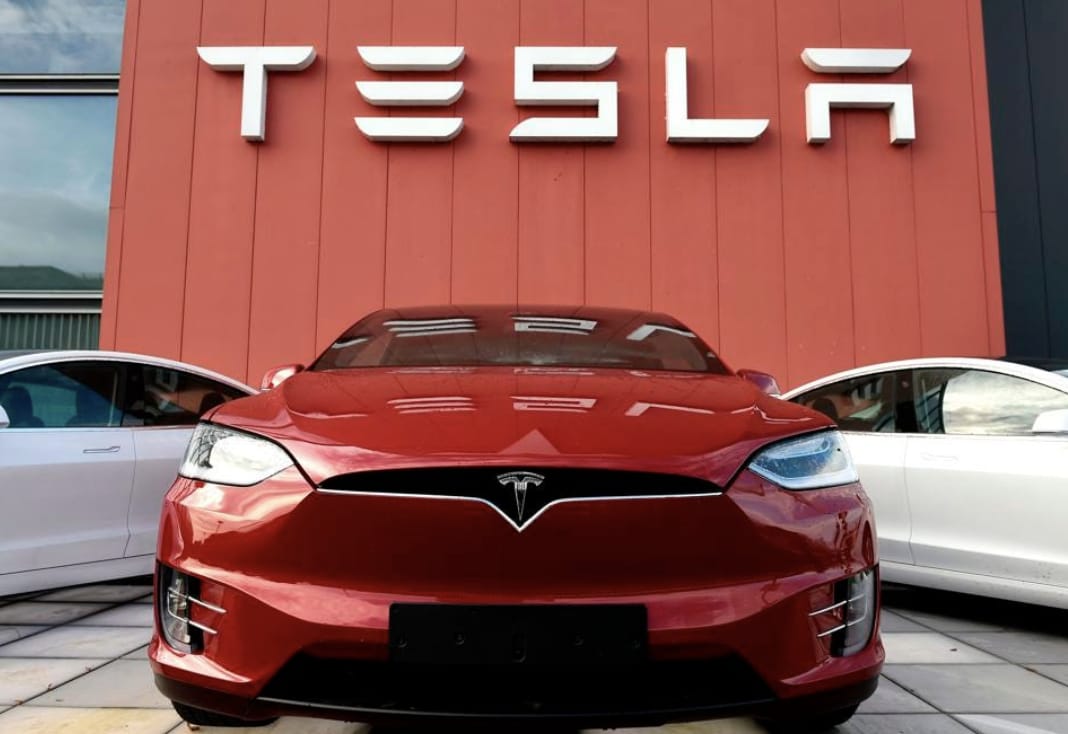Here, There, and Everywhere
Reading the news and talking with current and former employees gives me the distinct sense that Tesla has a pretty toxic culture. And maybe it has served the company well as its growth and stock value have continued to rise as the world shifts to a more electric and sustainable future.
But the recent announcement that company employees need to return to the workplace full-time is pointing an even more concerning focus on the company. Sure there are advantages, especially from a company and leadership perspective to having people come to an office. But let’s be honest here. Most of those advantages are tied to an organization’s ability to keep an eye on, and control, its employees. Not that we shouldn’t come to work somewhat regularly to innovate, learn, be mentored, have fun, and collaborate to make the world and our communities better. But do we need to be in the office all the time.
Experience over the course of the pandemic has shown that most people are pretty darn productive working remotely – i.e., from their dining rooms, bedrooms, living rooms, back porches, or the local coffeehouse. Free from the stress and time sucking of their prior commute, and free from having to get ready for work in terms of making themselves beautiful or at least presentable. We only need to look good from the waist up to be on a Zoom call, but this is a pretty low bar compared to having to dress up for the office.
And if I can be productive at home or at Starbuck’s, why should my company or organization care if I do that three or four days a week? In fact, a growing number of companies and organizations in tech fields and other disciplines have reached the same conclusion and are giving employees a fair amount of flexibility in determining where and even when they should be at work. And they are appreciating the reality that work is what I do, not where I do it. It is this flexibility, tied to bringing people back to the office when it makes sense – i.e., when there is a clear purpose and it is valuable for the employee, the organization, or hopefully both – that should drive our decisions about where our work gets done. And recognizing that some time spent together in person is actually strengthening the bond between enterprises and team members.
Talented people have a choice today of where they apply their abilities. In fact, talented people have always had a choice. But Covid has made that choice even clearer. Do I stay somewhere that values and trusts me, wherever I get my work done and gives me some control over my work life? Or do I leave because my employer insists that I work full-time in the office because they feel more in control?
The jury is out on whether or not Tesla’s (i.e., Elon Musk’s) decision to require workers to come into the office is a smart move. But the experience of other companies and the desires of a very significant share of talented young people suggests that it is not.








